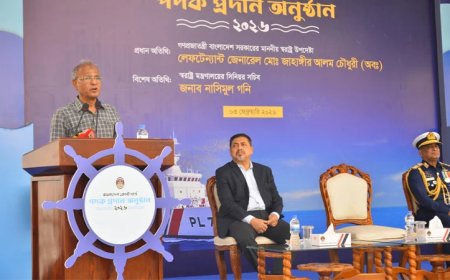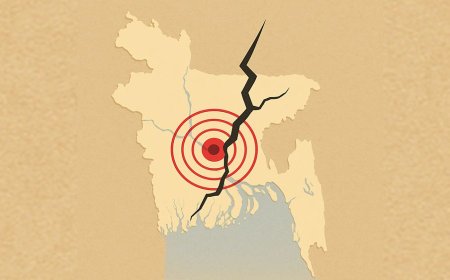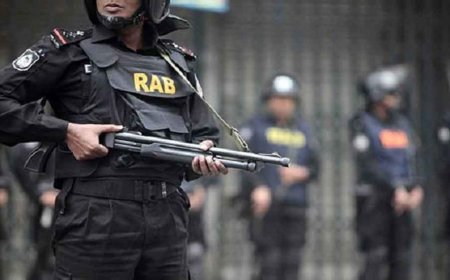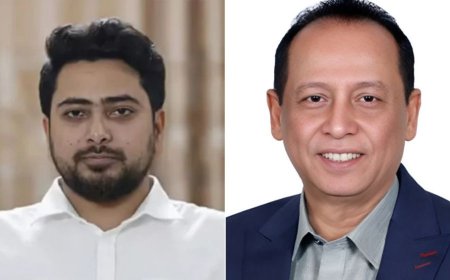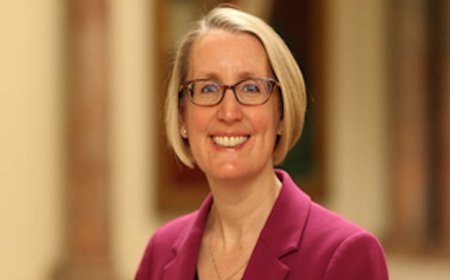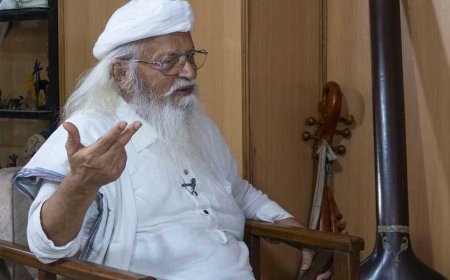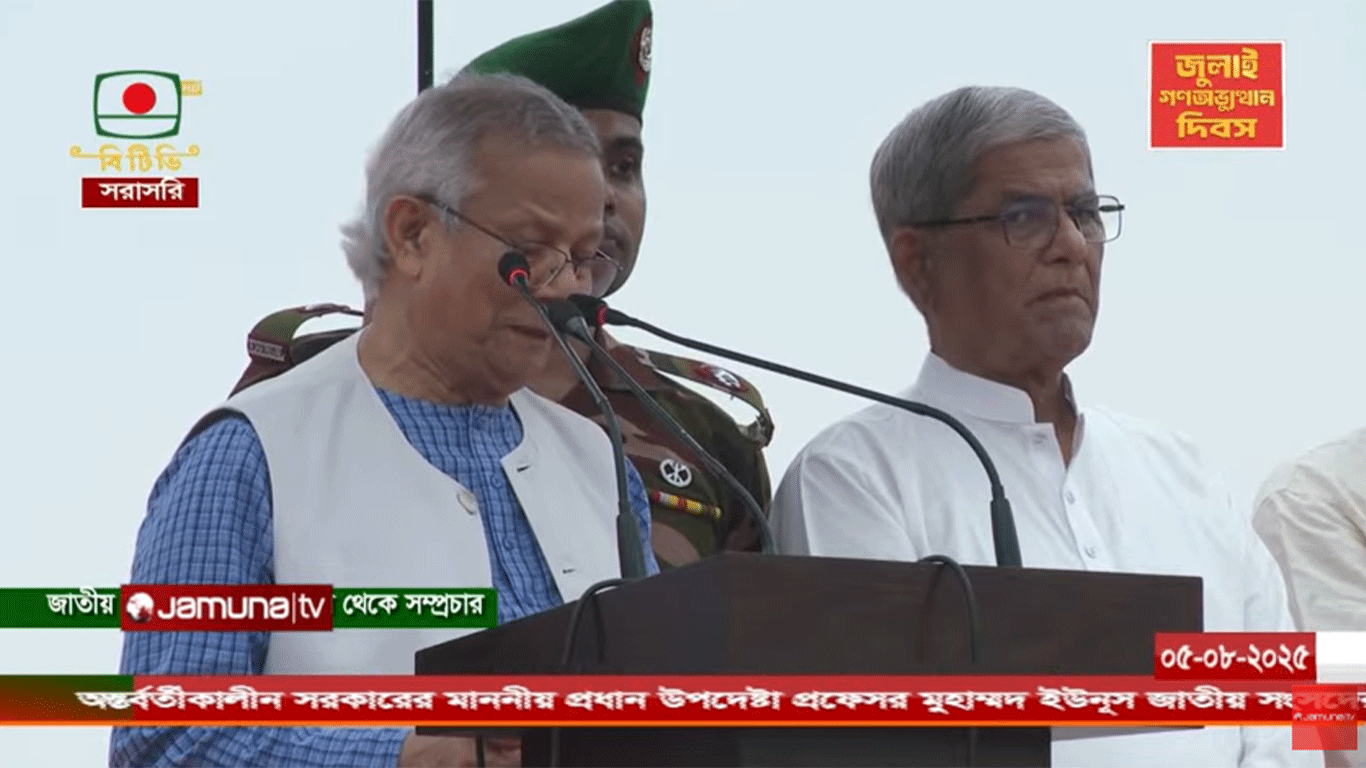Japan To Establish School In Bangladesh To Train Skilled Transport Drivers
Japan To Establish School In Bangladesh To Train Skilled Transport Drivers
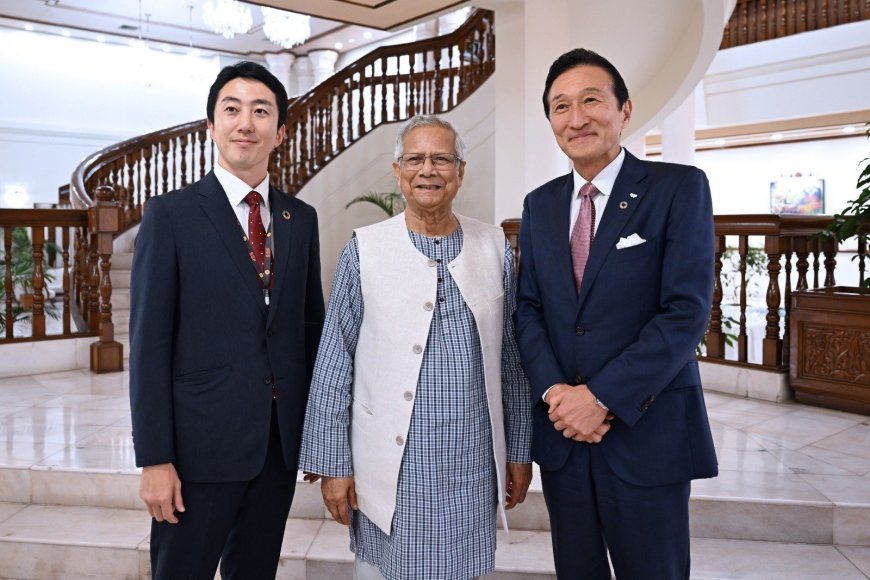
Leading Japanese entrepreneur and politician Miki Watanabe has announced plans to establish a driving school in Bangladesh to recruit skilled drivers for Japan.
Watanabe, founder of the Watami Group, made the announcement during a meeting with Chief Adviser Professor Muhammad Yunus at the State Guest House Jamuna on Saturday evening, according to a press release from the Chief Adviser’s Office.
“We are currently looking for a 12,000-square-metre area to set up a driving school,” Watanabe told the Chief Adviser, noting that Japan faces a strong demand for qualified drivers and that Bangladesh could become a key source of skilled manpower.
The Chief Adviser instructed officials to identify suitable land for the proposed school, preferably on the outskirts of Dhaka.
The meeting followed up on Professor Yunus’s official visit to Japan in May, during which Japanese entrepreneurs signed an agreement with Bangladeshi authorities to recruit 100,000 workers from Bangladesh over the next five years.
A long-time admirer of Professor Yunus’s work, Watanabe shared that he had already established a language training academy in Monohordi, Narsingdi, to train and recruit at least 3,000 Bangladeshi workers.
“Fifty-two workers have already gone to Japan to work in the construction and agriculture sectors,” he said, adding that the academy currently trains 40 students per session but plans to expand its capacity and reach across the country.
The Chief Adviser highlighted the importance of incorporating Japanese etiquette, decorum, and cultural values into the training curriculum.
“Teaching etiquette and culture should be an integral part of the academy’s programme,” Professor Yunus said. “It will help Bangladeshis understand Japan better and prepare them before they go there.”
Professor Yunus also encouraged Watanabe to broaden training initiatives in caregiving, nursing, construction, and agriculture—sectors where skilled workers can earn significantly higher wages in Japan.
“We would like to do these as well,” Watanabe responded.
He praised the recently established Japan Cell at the Ministry of Expatriates’ Welfare and Overseas Employment for strengthening cooperation between Japanese investors and Bangladeshi institutions.
Watanabe also expressed interest in opening another training centre in or near Dhaka to make it more accessible for Japanese companies.
The Chief Adviser immediately directed officials to identify a ready-made facility—such as an unused IT park—that could be swiftly converted into a Japanese language and vocational training centre with minimal investment.
“We will work together,” Professor Yunus said. “We’ll find land for the driving school and a ready facility for the new training centre.”
Shazeeb Khairul Islam, Personal Secretary to the Chief Adviser, added that authorities would soon arrange visits for Japanese investors to potential IT park sites around Dhaka.
Professor Yunus also called for an increase in the number of Japanese Language Proficiency Tests held in Bangladesh, noting that Japan requires foreign recruits to demonstrate adequate language skills.
Currently, the tests are held only twice a year, which, he said, is insufficient to meet growing demand.
During the meeting, Watanabe fondly recalled establishing a school in Narayankul, Gazipur, more than a decade ago, inspired by Professor Yunus’s vision of a poverty-free world.
“The school now has 1,500 students. It’s a wonderful institution—the students are amazing and doing very well,” Watanabe said.
SDG Coordinator and Senior Secretary Lamiya Morshed also attended the meeting.
What's Your Reaction?







